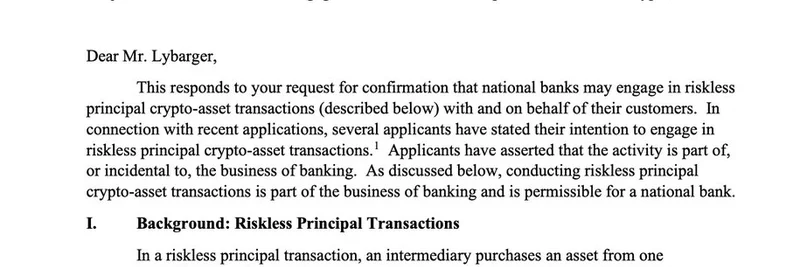In the fast-paced world of crypto trading, perpetual futures DEXes – or perp DEXes for short – are shaking things up. These are decentralized platforms where you can trade leveraged contracts without expiration dates, all on-chain without needing a middleman. Recently, journalist Laura Shin shared a tweet highlighting her Unchained podcast episode on Aster versus Hyperliquid, two rising stars in this space. But according to her guests, the bigger story isn't their head-to-head – it's how these DeFi powerhouses could disrupt centralized exchanges (CEXes) like Binance.
The Tweet That Sparked the Conversation
Laura Shin, a well-known crypto podcaster, posted on X (formerly Twitter) about her episode featuring Syncracy's Ryan Watkins and DeFi Monk. She noted that with DefiLlama founder @0xngmi's recent announcement, it was a good time to revisit the discussion. If you missed it, here's the original tweet. The announcement? DefiLlama, a leading DeFi analytics platform, delisted Aster due to suspicions of wash trading – artificial volume inflation through fake trades. This move came after Aster's volumes skyrocketed, prompting scrutiny.
Shin’s tweet quotes her earlier promotion of the podcast, which dives deep into why Aster's rise might be overhyped and backed by Binance influences, while Hyperliquid (often abbreviated as HL) stands out with its innovative approach.
Key Takeaways from the Unchained Episode
The episode, available on Unchained, breaks down the perp DEX landscape with timestamps for easy navigation. Here's a quick rundown:
Aster's Surge and CEX Threats: Around the 3:44 mark, the guests explain Aster's volume flip and why CEXes face an "existential threat." With DeFi offering lower fees, better transparency, and no KYC (know-your-customer) requirements, users might flock away from centralized giants.
Is Aster's Volume Legit?: At 8:49, they question if Aster's trading activity is genuine or "manufactured." This ties directly into DefiLlama's delisting, where @0xngmi cited evidence of wash trading, like repetitive trades from the same accounts to pump numbers.
Binance Connections: The 13:34 segment explores links between Aster, Binance, and founder CZ (Changpeng Zhao). Guests suggest Binance's backing could be fueling the hype, but it raises red flags about centralization in a supposedly decentralized project.
Hyperliquid's Strengths: DeFi Monk praises Hyperliquid's team at 20:20, predicting they'll handle token unlocks smoothly. By 27:42, they discuss long-term perp DEX wars, positioning Hyperliquid as a top contender.
Chain Competitions: Why Solana might still vie for dominance (33:53), but Ethereum probably can't keep up due to scalability issues (41:29). No-KYC is hailed as Hyperliquid's moat in DeFi (43:54).
Global Perspectives and Risks: The talk shifts to innovation in the West versus execution in Asia (50:42), ending with potential black swan events that could derail Hyperliquid (54:49).
This episode isn't just hype – it's a sober look at how DeFi could reshape trading, especially for volatile assets like meme tokens, which thrive on perp platforms for quick, leveraged bets.
Why This Matters for Meme Token Traders
At Meme Insider, we're all about demystifying blockchain trends, and perp DEXes like Hyperliquid are hotspots for meme coin action. Think of them as turbocharged trading venues where you can go long or short on your favorite dog-themed tokens without handing over your ID. Aster's drama highlights the risks: inflated metrics can mislead traders, leading to poor decisions. DefiLlama's transparency push, as seen in @0xngmi's thread on the delisting, reminds us to verify data sources.
Meanwhile, if the guests are right, CEXes might lose ground, pushing more volume to DeFi. For meme enthusiasts, this means potentially cheaper trades and more innovation, but also watch for regulatory hurdles or black swans like network outages.
Wrapping Up: The Future of Crypto Trading
Laura Shin's tweet and podcast episode underscore a pivotal shift in crypto. While Aster grabs headlines with its Binance ties, Hyperliquid's focus on genuine innovation might give it the edge. As DeFi evolves, keeping an eye on these rivalries – and the data behind them – is crucial. For more on how this impacts meme tokens and blockchain tech, stick with Meme Insider. What's your take on perp DEXes versus CEXes? Drop a comment below!


